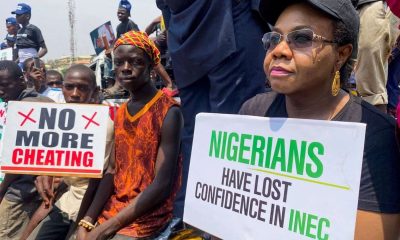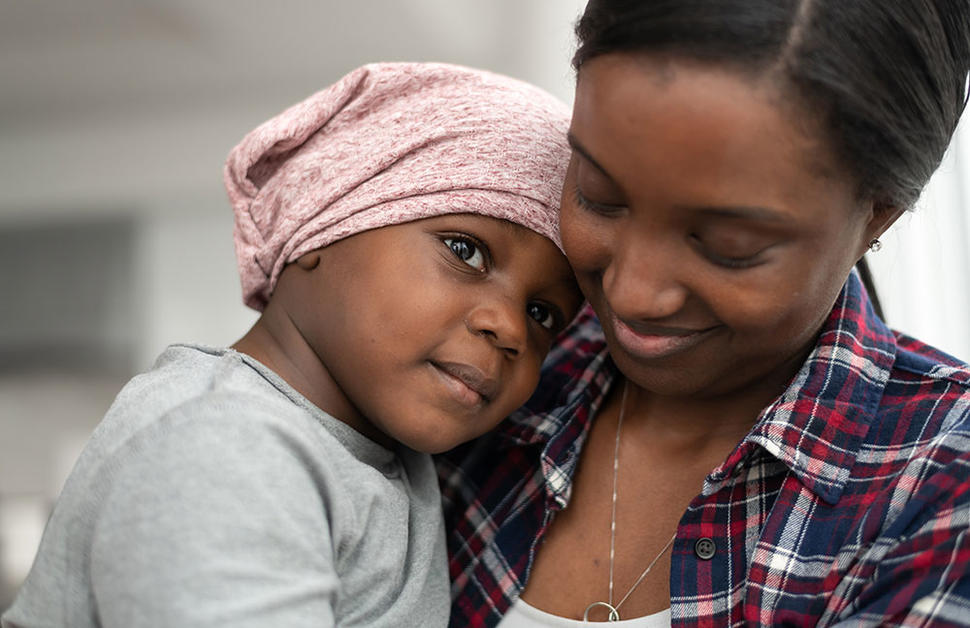Medical experts in Nigeria have swiftly moved to counter claims suggesting a link between vaccines and the rising incidence of pediatric cancer.
The assertion that vaccines may be responsible for the increase in childhood cancer cases has gained traction in some circles, but professionals in the field emphasize the importance of separating fact from fiction.
Recently the Lagos University Teaching Hospital (LUTH) reported over 300 cases of childhood cancer in the past year, raising alarms about the growing prevalence of pediatric cancer in Nigeria.
These figures, disclosed by the hospital’s Pediatric Oncology Department, highlight an urgent need for greater public awareness, early detection, and access to comprehensive treatment.
Dr. Edamisan Temiye, a leading pediatric oncologist at the Lagos University Teaching Hospital (LUTH), articulated the complexity behind childhood cancers, such as leukemia, lymphoma, and brain tumors.
“These conditions have multifaceted causes, often involving genetic mutations and various environmental factors,” he explained. Dr. Temiye firmly stated, “Vaccines are crucial in preventing life-threatening diseases, and there is absolutely no connection between them and the onset of cancer.”
READ ALSO: New study links cellphone radiation to brain cancer, challenges WHO findings
Furthermore, Dr. Grace John, a healthcare policy analyst, provided insights into the rising number of cancer cases reported. She attributed the increase to improved diagnostic capabilities and heightened public awareness.
“We are now able to detect and report more cases than before, which is a positive development,” she noted. However, she cautioned that the emergence of false narratives surrounding vaccines should not distract from addressing pressing health challenges.
“We must focus on improving early detection and treatment access for childhood cancers,” Dr. John urged.
Despite the concerning trends and alarming reports from LUTH, experts remain steadfast in their belief that vaccines are not the culprits behind the increase in childhood cancer cases. Instead, they emphasize that the real battle lies in strengthening healthcare infrastructure and enhancing public education to effectively combat pediatric cancer.
READ ALSO: Alarming surge in cancer rates among younger generations raises global concern
Dr. Temiye further stressed that misinformation presents a significant barrier to progress in the fight against childhood cancer.
“With the right information, we can protect our children from both preventable diseases and cancer,” he asserted. He urged the public to rely on scientifically backed information rather than succumbing to misleading narratives that could undermine efforts to improve healthcare outcomes.
This call to action underscores the need to maintain a focus on scientific evidence, educational initiatives, and the enhancement of healthcare services.

 Health1 week ago
Health1 week ago
 Business1 week ago
Business1 week ago
 Latest1 week ago
Latest1 week ago
 Football6 days ago
Football6 days ago
 Health6 days ago
Health6 days ago
 Latest1 week ago
Latest1 week ago
 Crime6 days ago
Crime6 days ago
 Latest1 week ago
Latest1 week ago

